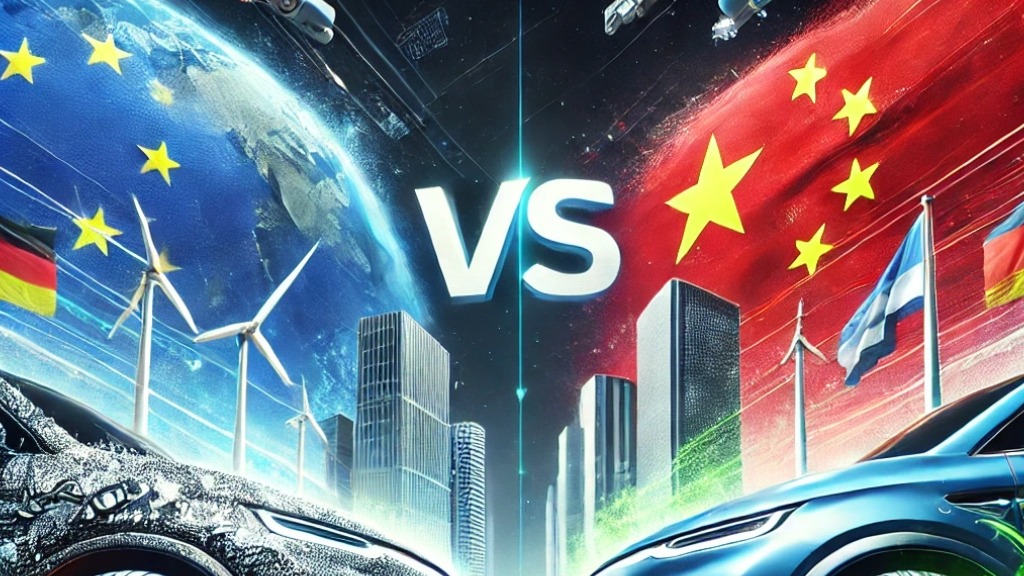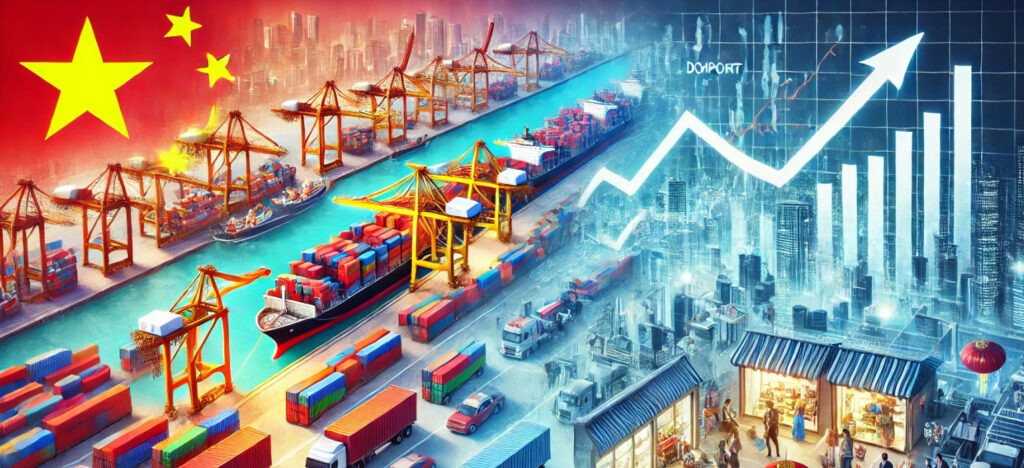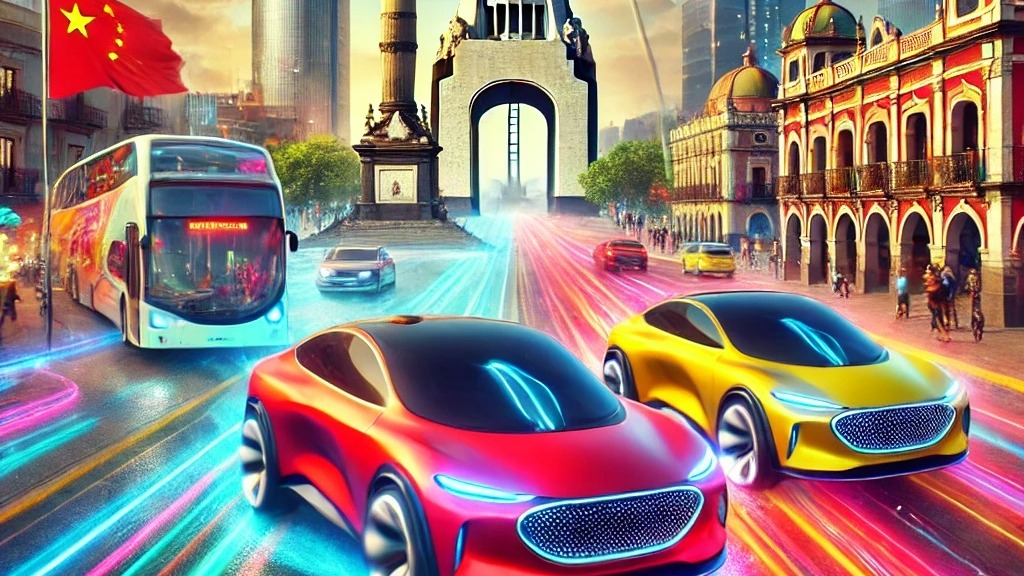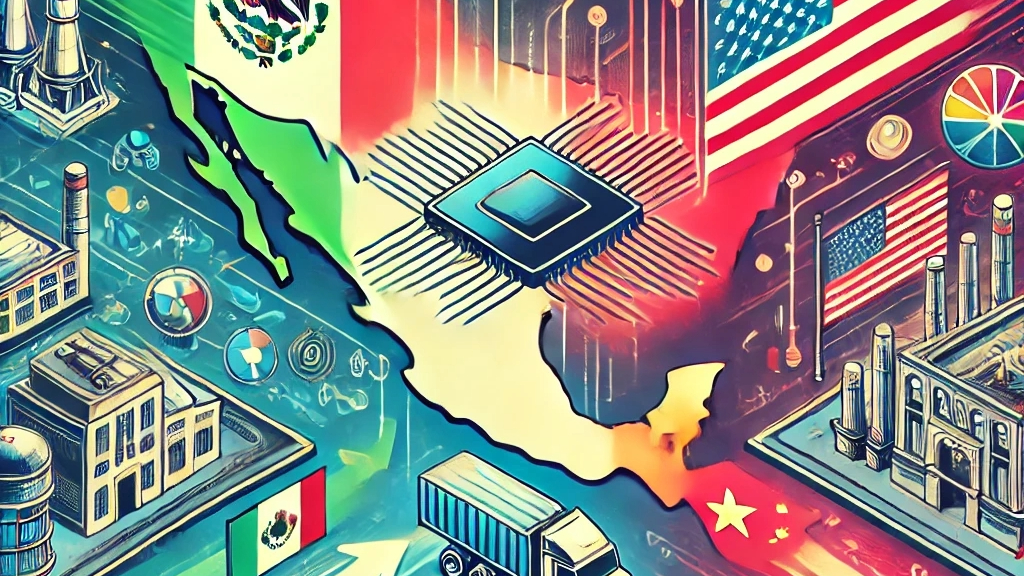U.S. challenges China: 100% tariffs on electric cars
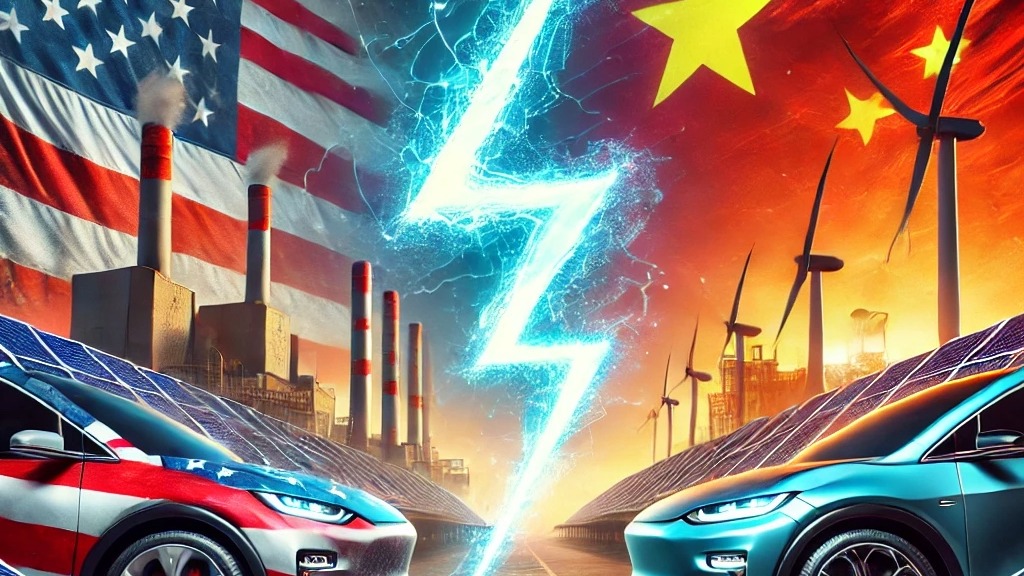
The U.S. government announced the implementation of new tariffs on imports from China, including a 100% tariff on Chinese electric cars. This move is part of a strategy to curb what the U.S. considers unfair trade practices by China.
The United States has announced the implementation of new import tariffs on Chinese products, including a 100% tariff on electric cars, effective September 27. The measure also includes tariffs of 25% on electric car batteries and 50% on semiconductors and solar cells.
These tariffs are part of a U.S. strategy to counter what it considers unfair trade practices by China, and seek to reduce U.S. dependence on the Chinese supply chain, especially in key sectors such as automotive and technology. China has vowed to retaliate, arguing that the success of its electric vehicle industry is due to innovation and not state subsidies.
The move is part of a broader U.S. policy to reduce its dependence on China in the supply chain, particularly in the production of electric vehicles and their components. According to Lael Brainard, White House senior economic advisor, the goal is to diversify the U.S. auto industry and mitigate Chinese control over materials essential to the manufacture of batteries and other technology components. These tariffs, which Brainard described as "tough and selective," seek to counter China's practices, which include forced technology transfer and state subsidies that have given its industries a competitive advantage.
The Chinese government called the action a form of "intimidation" and promised retaliation.
Chinese officials argued that the success of its electric car industry is due to innovation and not government subsidies, defying the U.S. narrative.
From a business perspective, these measures have a significant impact on the global automotive industry, particularly in the emerging transition to electric vehicles. Companies that rely on Chinese components will face higher operating costs, which could affect final product prices and market competitiveness.
For the Mexican market, this situation presents both challenges and opportunities. One of Mexico's strengths is its geographic proximity and its economic integration with the United States through the T-MEC, which gives it a privileged position to take advantage of the process of nearshoringThe increase in the number of shares, which is likely to accelerate as a result of trade tensions between the U.S. and China.
Mexico has a strong industrial base, particularly in the automotive sector, which allows it to compete in the manufacture of electric vehicles and components. In addition, Mexican companies could benefit from a greater flow of foreign direct investment if U.S. and other companies decide to move their operations out of China and into Mexico.
However, one of the main weaknesses of the Mexican market lies in its limited capacity for the production of critical materials such as lithium, which is essential for the manufacture of electric vehicle batteries.
Despite having significant reserves, the extraction and processing infrastructure is not yet developed to a competitive level. In addition, the Mexican industry faces challenges in terms of technological innovation, which could limit its ability to meet the growing demand for high-tech components that will be key to competitiveness in this new scenario.
The U.S. decision to impose these tariffs opens a window of opportunity for Mexico to position itself as an alternative supplier in the electric vehicle supply chain. The country has the potential to increase its market share in electric vehicles and components if it can improve its production capacity and attract investment in the development of advanced technologies. Cooperation with U.S. companies could also strengthen innovation in key sectors, boosting Mexican competitiveness.
However, the situation also poses threats to the Mexican market. The trade war between the United States and China could generate volatility in the markets, affecting the stability of investments and trade at a global level. Likewise, if China decides to retaliate in sectors where Mexico has a strong participation, such as the automotive sector, additional tensions could arise, affecting Mexican exports to the Asian giant. In addition, the growing competition with other countries that also seek to benefit from the nearshoring could challenge Mexico's ability to establish itself as a key hub in the global supply chain.
In summary, while the United States seeks to reduce its dependence on China in strategic sectors such as automotive and technology, the Mexican market faces a complex scenario. Trade tensions between the world's two largest economies present both opportunities and risks for Mexico, which will have to strengthen its infrastructure and technological capacity to take advantage of the advantages of the nearshoring and minimize possible negative impacts on its economy.
Collaboration: Editorial Auge.

